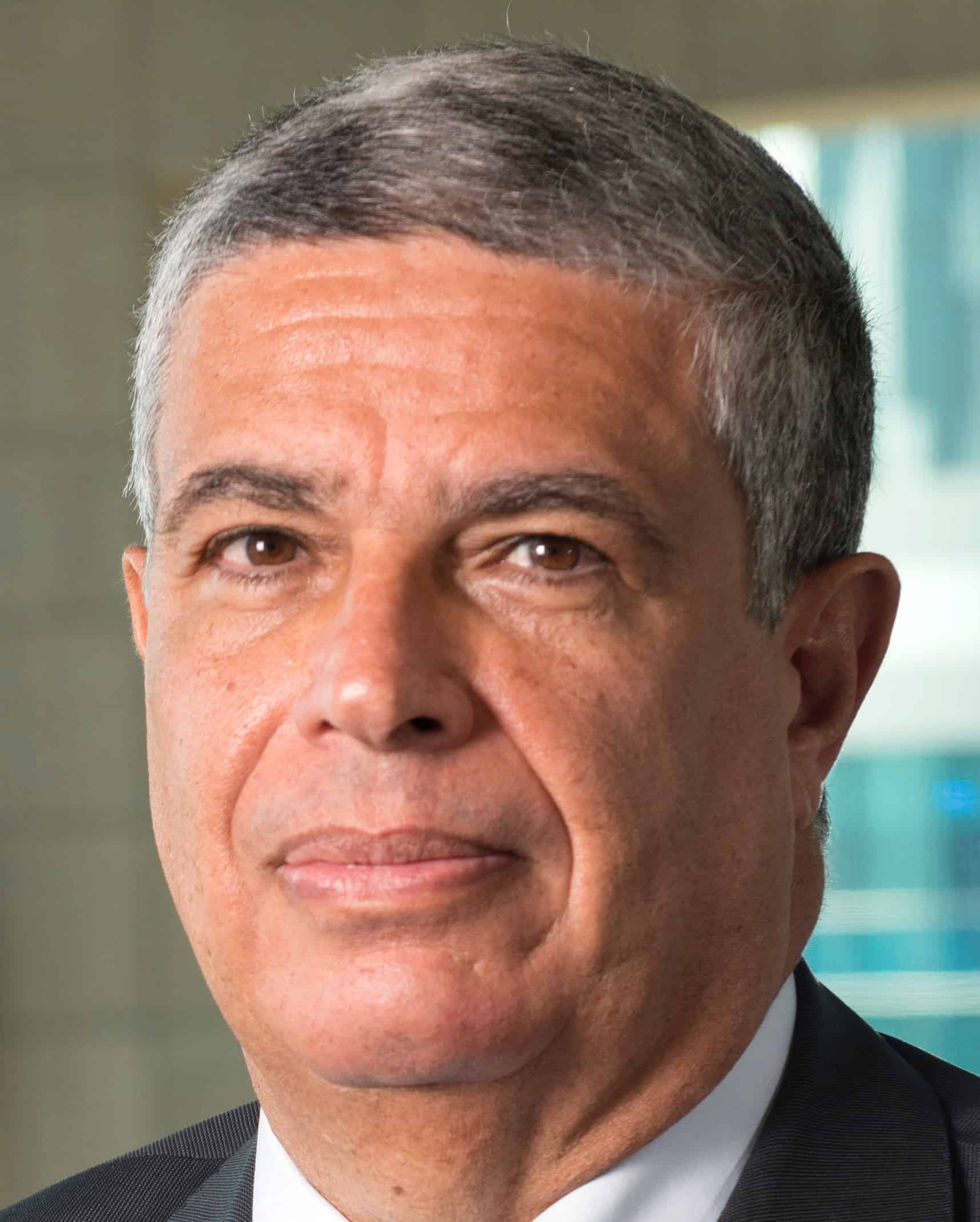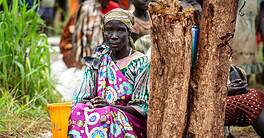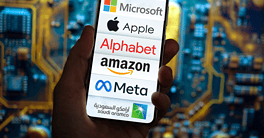Ahli United Bank CEO Adel El-Labban discusses business and Bahrain’s current economic challenges.

Global Finance: How have the pandemic and the recent drop in energy prices impacted your bank’s performance?
Adel El-Labban: Our bank’s performance during fiscal year 2020 was impacted primarily by the incremental precautionary provisions taken on our performing portfolio in anticipation of a prolonged crisis. Despite the difficult operating conditions, AUB [Ahli United Bank] recorded a double-digit return on average equity (RoAE) of 10.4%, which further improved to 15% in the first three months of 2021. These figures rank AUB among the top-performing banks in the region in terms of RoAE.
Even during the unprecedented operating conditions of 2021, AUB’s consistently better performance is a testament to its well-managed business model based on geographical diversification and cross-border flows. We make sure to keep a prudent and focused approach to analyze, manage and mitigate risks in a profitable manner.
GF: Covid-19 postponed the AUB/Kuwait Finance House (KFH) merger. Where does it stand now?
El Labban: In December 2020, our board of directors, in consultation with KFH’s board of directors and the involved regulatory authorities, agreed to extend the suspension period for resumption of the contemplated transaction until completion of KFH’s updated assessments—in light of the prevailing Covid-19 pandemic—to be conducted by its appointed international advisers. As of now, the transaction remains suspended.
GF: What are some of the lessons you learned from 2020?
El-Labban: Lockdowns triggered by Covid-19 radically redefined the banking sector’s operational model, as they forced banks to undertake a holistic reassessment of their existing business models, including their business-continuity planning. The pandemic has also highlighted the criticality of investment in digital technologies to act swiftly in any crisis and prevent disruption to banking operations and client services. Over the past few years, AUB has worked on digitizing and automating its systems and processes to deliver “anywhere, anytime” banking to its customers. With the onset of the pandemic, we have accelerated and widened our digital transformation strategy.
The crisis reemphasized the importance of a robust and dynamic risk-management framework. Despite the unprecedented challenges, a combination of a market-responsive credit strategy ap-proach—focusing on early problem recognition and quick remedial action for problematic accounts—along with the conservative provisioning decision, has enabled us to maintain asset quality with a low nonperforming loan (NPL) ratio of 2.7% and a very conservative NPL coverage ratio of 172.6%, as of the first three months of 2021.
GF: What are the main economic challenges Bahrain faces now?
El-Labban: During the past year, Bahrain’s economy, much like the rest of the energy-based economies in the region, was impacted by lower oil prices and lockdown measures implemented to restrict the Covid-19 spread. This led to a decline in GDP and reduced the scale of business activities across almost all sectors. To deal with the economic fallout, the government of Bahrain, in coordination with the central bank, took a wide range of stimulus measures that provided much-needed support to the economy.
With the government stimulus, the recent improvement in oil prices and the gradual reopening of businesses, the Bahraini economy has been on the recovery path since early 2021. The country’s very successful Covid-19 vaccination program—70% of the population has already been vaccinated—is also expected to support economic recovery.
GF: What products and services have the biggest growth potential in Bahrain and the GCC?
El-Labban: In the post-pandemic era, one of the greatest opportunities we can identify lies in digital product offerings and services aligned to the growing preference of clients to conduct their banking transactions on a remote basis, from the comforts of their offices or homes, and without the need to visit a branch.
Part of our digital transformation strategy is to implement market–leading systems and technologies to digitize end-to-end processes, harvest data and undertake analytics to generate sustainable monetization opportunities–and to equip our staff with the required skill sets to leverage these new technological and data capabilities by undertaking focused training programs.



